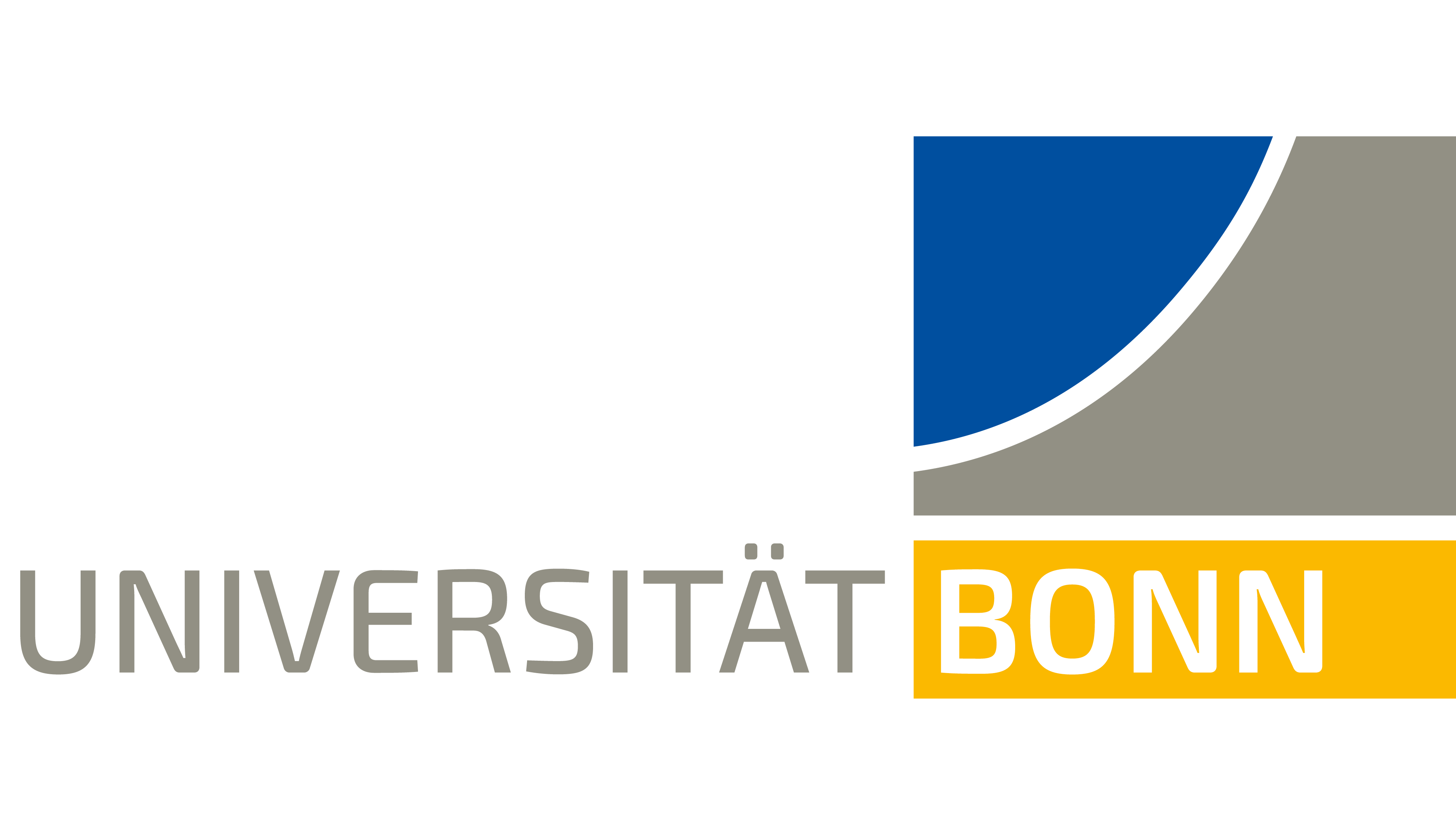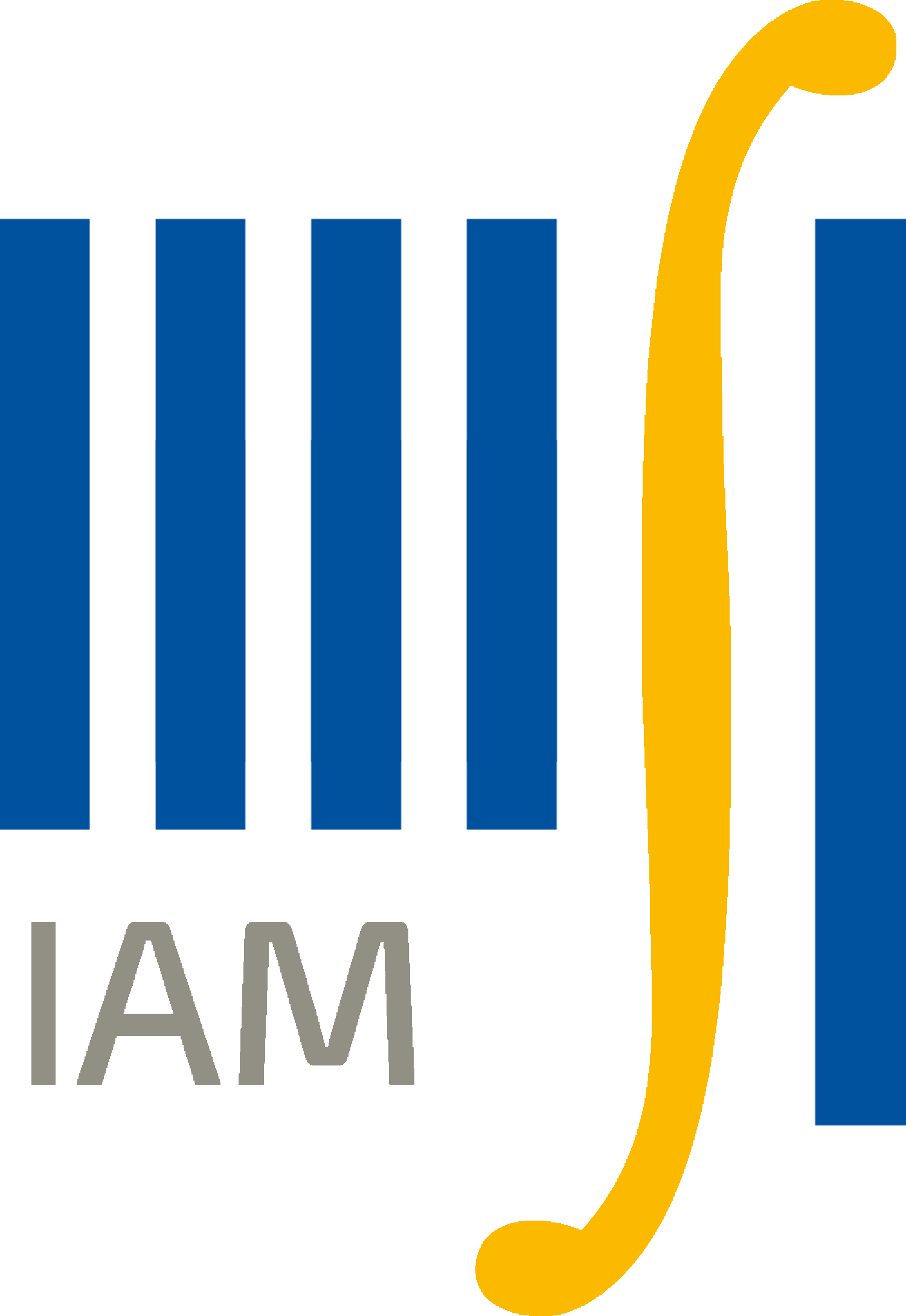Markov Processes, WS 2013/14
| Schedule | Tuesday and Thursday 12-14, Kleiner Hörsaal |
| Exercices | Monday, 16-18, N0.008; Chistian Ketterer (LWK 3.035) |
| Examination | Schedule 2nd examination. Here are some information. To fix the exam, send me an email. |
Content
- Continuous time Markov chains. The emphasis will be on Markov Chains in continuous time. After discussing some examples, we will move on to the contruction of a chain from its infinitesimal (in time) description. We will also discuss the important issues of stationary measures, recurrence, and transience.
- Feller Processes. These are continuous time Markov processes on a general state space. (Markov chains have a countable state space.) Using Brownian motion and continuous time Markov chains as motivating examples, we will cover the construction of Feller processes from their infinitesimal description. This topic is known as semigroups (which describe the evolution of processes over time) and generators (which provide the infinitesimal description). The main result is known as the Hille-Yosida Theorem. There will be applications to variants of Brownian motion (e.g. Lévy processes).
- Interacting particle systems. These are Feller processes that arise in such diverse areas as statistical physics, biology, economics, traffic flow, and Monte Carlo studies. They are constructed from their generators via the Hille-Yosida Theorem. The main issues in their study are quite different from those relevant to more classical processes such as Brownian motion.
References
For the main part of the lecture I will use as basic reference Continuous Time Markov Processes: An Introduction, by Liggett. Here is an updated file with typos. See here for the Appendix, with basics results of probability and analysis.
Lecture notes
| • | Continuous time Markov Chains |  |
| • | Feller processes |  |
| • | Some tools |  |
| • | Interacting particle systems
|  |


